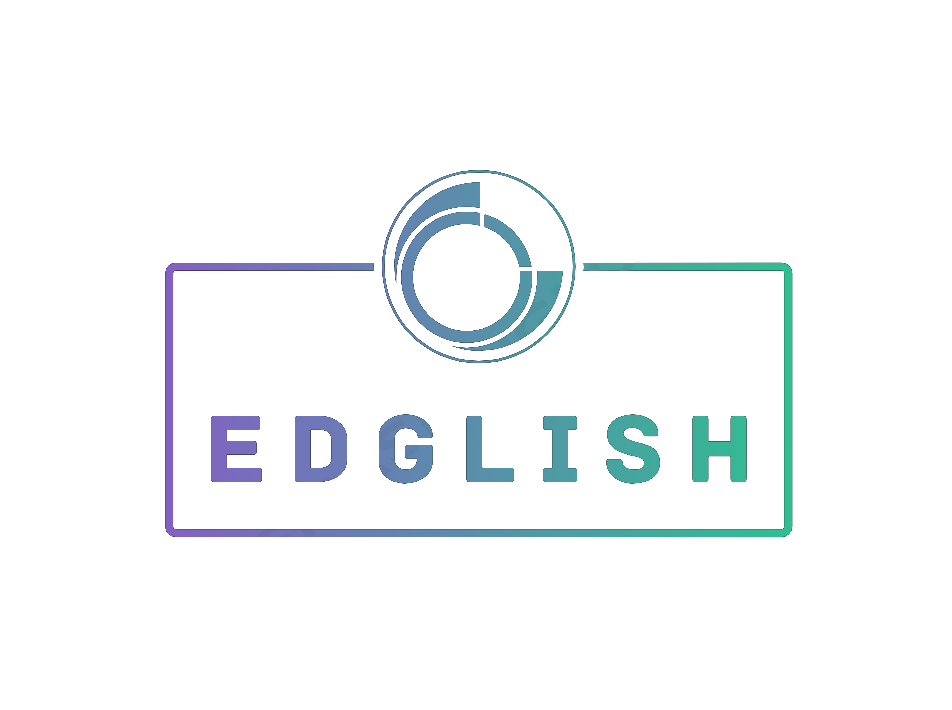OPTIMISM: THE KEY TO A GOOD LIFE
A.
It's an age-old battle. Pessimists think optimists are foolish; optimists think pessimists
make themselves unnecessarily miserable. A lot of research has been done on this
issue in the last 30 years. Have we answered the question yet? Is the glass half-full or
half-empty? Optimistic people are happier than pessimists. When something bad
happens, optimists think of it as temporary, limited in its effect, and not entirely their
fault. Pessimists do the opposite. They consider the setback to be permanent,
farreaching and their entire fault. There are varying degrees of this, of course; its not
black or white. Most people fall somewhere between the two extremes. The main
difference between optimists and pessimists is how they explain setbacks to
themselves. Optimism and pessimism both tend to be self-fulfilling prophecies.
Pessimistic explanations tend to make people feel defeated — making them less likely
to take constructive action. Optimistic explanations, on the other hand, make people
more likely to act. If they think the setback is only temporary, people are apt to try to do
something about it, and because they take action, they make it temporary.
B_Using these definitions, researchers find that optimism contributes to good health and
pessimism contributes to illness. Chris Peterson was teaching a class in abnormal
psychology at Virginia Tech, when he told his students to fill out an Attributional Style
Questionnaire — a carefully designed test that determines a person's level of optimism
and pessimism. The students also answered questions about their general health,
including how often they went to a doctor. Peterson followed the health of his students
the following year and discovered that the pessimists had twice as many infectious
diseases and made twice as many trips to the doctor as the optimists. Later, Martin
Seligman of the University of Pennsylvania and two of his colleagues, using interviews
and blood tests, found that optimists have better immune activity than pessimists. The
study shows that university freshmen who participated in a workshop on cognitive
coping skills reported fewer adverse physical problems and took a more active role in
maintaining their health.
C.
In the study, incoming freshmen were asked to complete a questionnaire designed to
reflect their overall attitudes and coping behaviors. Seligman and Buchanan invited
those students identified as the most pessimistic to participate in the study. Students
were randomly assigned to attend either the 16-hour workshop or a control group.
Workshop participants learned to dispute their chronic negative thoughts as well as
learned social and work skills that can help avert depression. After an 18-month follow-
up, the preliminary findings showed that 22 percent of the workshop participants had
suffered moderate or severe depression by blind clinical diagnosis, compared with 32
percent of the control group subjects. Also, only 7 percent of the workshop participants
suffered from a moderate or severe anxiety disorder, compared with 15 percent of the
control group. Workshop participants also reported fewer health problems during the
course of the workshop, and were more likely than control subjects to see a physician
for maintenance or checkups rather than wait until they became ill. While the subjects
were young and generally healthy, Buchanan speculated the study could be replicated
using older more vulnerable subjects.
D_Studies by other researchers show the same thing. Why? One big factor is that
"pessimistic individuals," as Seligman writes, "get depressed more easily and more
often." When a person is depressed, certain brain hormones become depleted,
creating a chain of biochemical events that end up slowing down the activity of the
immune system. For example, two key players in our immune systems are T cells and
NK cells. T cells recognize invaders (like viruses) and make more copies of them to kill
off the invaders. Pessimists' T cells don't multiply as quickly as optimists' , allowing
invaders to get the upper hand; and NK cells circulate in the blood and kill whatever
they come across that they identify as alien ( such as cancer cells). Pessimists' NK
cells can identify alien entities, but they don't destroy them as well as the optimists' NK
cells. Optimists also look at information in more depth to find out what they can do
about the risk factors.
E.
In a study by Lisa Aspinwall, PhD, at the University of Maryland, subjects read
healthrelated information on cancer and other topics. She discovered that optimists
spent more time than pessimists reading the severe risk material and they remembered
more of it. "These are people," says Aspinwall, "who aren't sitting around wishing things
were different. They believe in a better outcome, and that whatever measures they take
will help them to heal." In other words, instead of having their heads in the clouds,
optimistic people look. They do more than look, they seek. They aren't afraid to look
into the situation because they're optimistic. Thus, for yet another reason, optimists are
likely to be healthier. And it is also true that the better their health, the easier it is for
them to maintain an optimistic outlook. And every effort they make to keep an optimistic
attitude will reward them with a stronger immune system.
F.
The best news is what research has shown repeatedly: anyone can become more
optimistic with effort. Pessimists can learn to see the temporary aspects of setbacks.
They can be more specific about the effects of it, they can learn to not take all the
blame and they can learn to take credit for the good they do. All it takes is practice Optimism is simply a way of thinking about good and bad; it's a cognitive skill anyone
can learn. So, what about the ageold conflict? Is the glass half-full or half-empty? The
best answer is that the glass is both half-full and half-empty, but you're much better off
if you think of it as half-full. When bad happens: assume it won't last long, look to see
what isn't affected, and don't indulge in self-blame. When good happens: consider its
effects permanent, see how much of your life is affected, and look to see how much
you can take credit for.


No comments:
Post a Comment